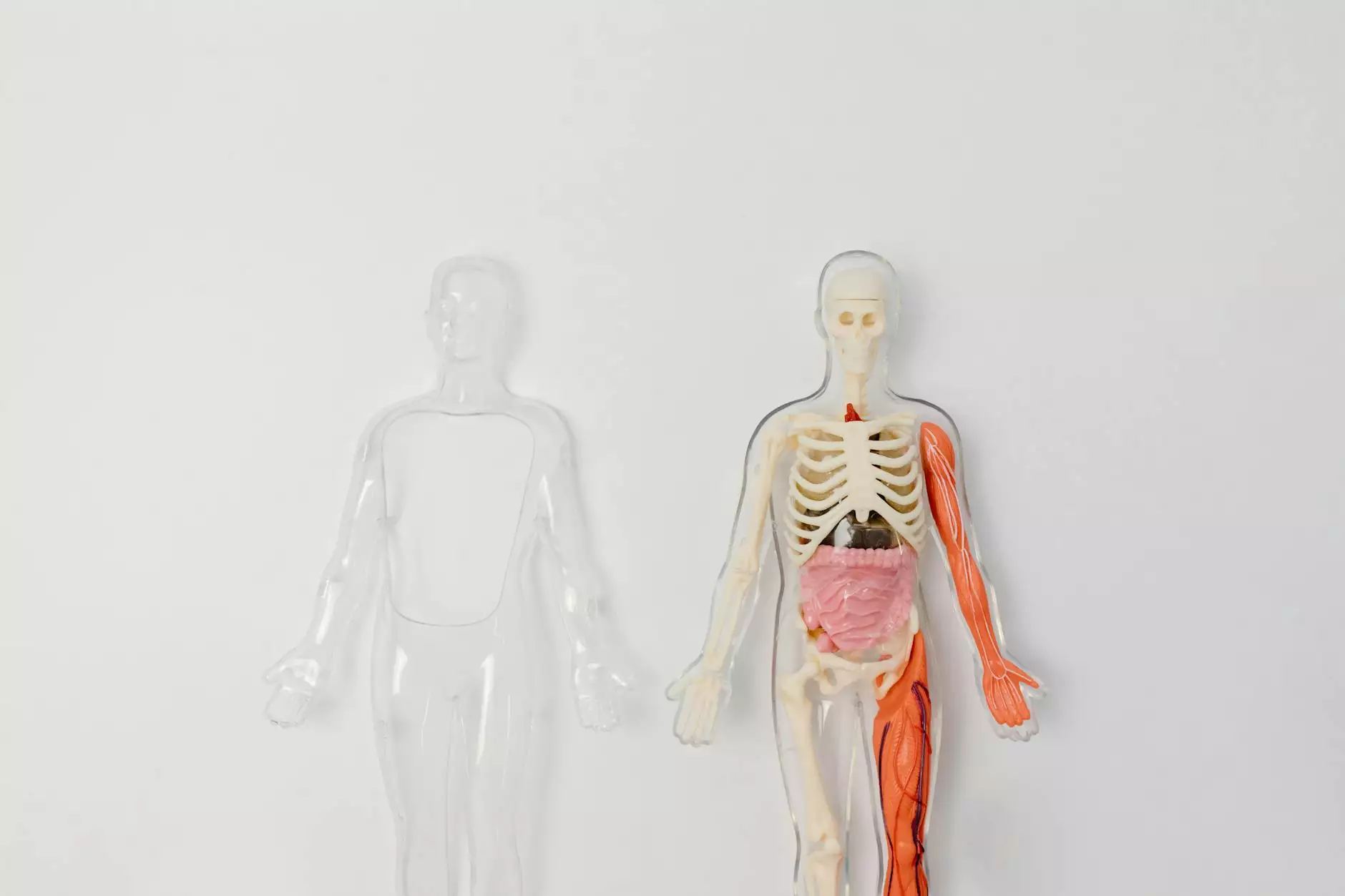Ultimate Guide to Lung Cancer CT Scan: A Vital Tool in Modern Medical Diagnostics

In the realm of health and medical diagnostics, especially within the fields of cancer detection and preventive medicine, the lung cancer ct scan stands out as an indispensable tool. As advancements in medical imaging continue to evolve, computed tomography (CT) scans have revolutionized our ability to detect lung abnormalities at early stages, significantly improving patient outcomes. If you're seeking in-depth knowledge about this essential procedure, its significance, and how it facilitates early lung cancer detection, you've come to the right place.
What Is a Lung Cancer CT Scan: An Overview
A lung cancer CT scan is a specialized diagnostic imaging procedure that utilizes advanced X-ray technology combined with computer processing to produce detailed cross-sectional images of the lungs. Unlike traditional chest X-rays, which offer limited visualization, a CT scan provides comprehensive, high-resolution images that allow healthcare professionals to identify even minute nodules or abnormalities that could indicate the onset of lung cancer.
The Critical Role of a Lung Cancer CT Scan in Early Detection
Early detection is crucial in managing lung cancer effectively, often making the difference between curative treatment and palliative care. The lung cancer ct scan plays a pivotal role in:
- Identifying small nodules or masses that are undetectable through physical examination or routine chest X-rays.
- Determining the size, shape, and location of lung abnormalities with precision.
- Guiding biopsies and other minimally invasive procedures for definitive diagnosis.
- Monitoring high-risk individuals such as heavy smokers or those with familial predispositions.
Who Should Consider a Lung Cancer CT Scan?
High-risk populations are the primary candidates for undergoing a lung cancer ct scan. These include:
- Heavy smokers with a history of smoking over 30 pack-years.
- Individuals aged 55-80 with a significant history of smoking or occupational exposures.
- People with a history of lung cancer in the family or previous lung disease.
- Patients with suspicious symptoms such as persistent cough, chest pain, shortness of breath, or unexplained weight loss.
- As part of regular health screenings for lung cancer in high-risk groups, especially when guided by medical professionals.
The Procedure: What to Expect During a Lung Cancer CT Scan
The lung cancer ct scan is a quick, non-invasive procedure typically completed within 15 to 30 minutes. Here is a step-by-step overview:
- Preparation: Patients are advised to wear loose-fitting clothes and remove any jewelry or metallic objects that may interfere with imaging.
- Positioning: The patient lies flat on a motorized table that slides into the circular opening of the scanner.
- Scanning: The CT machine rotates around the body, capturing multiple X-ray images from different angles.
- Breathing instructions: Patients may be asked to hold their breath temporarily to minimize movement and improve image clarity.
- Completion: After the images are obtained, the patient can resume normal activities immediately.
Advantages of a Lung Cancer CT Scan
The benefits of utilizing a lung cancer ct scan extend beyond simple detection:
- High sensitivity and specificity: Capable of detecting small lesions that can be missed by other imaging methods.
- Early diagnosis leading to better prognosis: Facilitates timely intervention before the disease advances.
- Guidance for biopsy and treatment: Assists in planning minimally invasive procedures and radiotherapy.
- Monitoring disease progression or response to therapy: Repeated scans provide essential information for ongoing treatment adjustments.
Interpreting the Results of a Lung Cancer CT Scan
The analysis of scan results is performed by radiologists with specialized expertise in thoracic imaging. They look for:
- Nodules: Small, solitary spots or multiple lesions which could be benign or malignant.
- Masses: Larger growths that require further investigation.
- Irregularities: Structural distortions or patterns suggestive of tumor infiltration.
- Associated findings: Lymphadenopathy, pleural effusion, or other signs indicating disease spread.
When suspicious findings are detected, further tests such as biopsy, PET scans, or MRI may be recommended to confirm diagnosis and stage the disease.
Risks and Limitations of a Lung Cancer CT Scan
While highly valuable, the lung cancer ct scan does carry some considerations:
- Radiation exposure: Although minimal, repeated scans can accumulate dose; thus, they should be justified and carefully planned.
- False positives: Benign conditions such as infections or scars may mimic malignant nodules.
- Need for follow-up procedures: Confirmatory biopsies are sometimes invasive and involve additional risks.
- Limitations in very dense or large bodies: Obesity or tissue density may sometimes impede image clarity.
Integrating a Lung Cancer CT Scan in Comprehensive Lung Care
At hellophysio.sg, our approach to lung health incorporates cutting-edge diagnostic tools such as the lung cancer ct scan. Coupled with physical therapy and sports medicine expertise, we aim to provide holistic care that emphasizes prevention, early detection, and effective treatment.
Early diagnosis through routine screening with high-quality CT imaging can significantly improve patient prognosis, reduce treatment costs, and enhance quality of life. Our multidisciplinary team works collaboratively to ensure each patient receives personalized care, leveraging advanced imaging to inform treatment decisions.
Why Choose hellophysio.sg for Lung Health Assessments
Our clinic specializes in a comprehensive approach to health and medical diagnostics, including sports medicine and physical therapy, integrating these disciplines to promote lung health and overall well-being. We prioritize:
- State-of-the-art imaging technology for accurate diagnosis.
- Expert radiologists and medical professionals dedicated to excellence.
- Patient-centered care protocols that prioritize comfort, safety, and clarity.
- Preventive strategies to reduce lung cancer risk and promote respiratory health.
Conclusion: The Essential Nature of Lung Cancer CT Scan in Modern Healthcare
The lung cancer ct scan has become a cornerstone in early lung cancer detection and classification, providing critical information that guides effective treatment planning. As technology advances, its role only becomes more vital in transforming lung health outcomes. Regular screening and early detection are proven strategies that can save lives, and partnering with expert healthcare providers like hellophysio.sg ensures you receive precise, compassionate, and cutting-edge care.
Embrace modern diagnostic options. Prioritize your lung health today, and empower yourself with knowledge and early detection strategies that can make all the difference.







